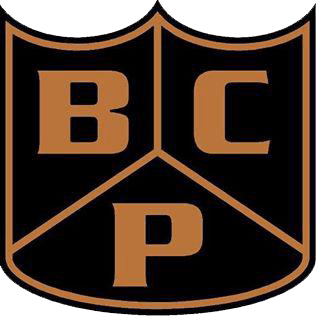How Medicare May Impact Your Personal Injury Settlement

Suppose you have filed a personal injury lawsuit due to an accident or injury. In that case, you may have to initially file your private medical insurance to assist with paying your medical bills. Filing your insurance is usually not a problem, although the insurance company may or may not come back and ask for their funds back through subrogation.
But this process can become slightly more complicated when your only insurance is Medicare. Their procedure is different and may impact your final personal injury settlement. Read on to learn more about this.
What Are Conditional Payments?
Following an accident, the hospital, doctor's office, or treating facility often asks if an accident caused your injury or illness and if you plan to file a personal injury claim. In cases where you answer yes, you may find that Medicare sometimes will not pay these expenses.
Their lack of payment is because Medicare views itself as secondary insurance in cases where some other type of insurance may make payment. However, Medicare may agree to make a conditional payment to keep you from paying these medical expenses out of your pocket.
Medicare considers the payment conditional because Medicare expects you to pay back this amount at some point when and if you win your case and receive a settlement or award. If you do not win the case or do not receive an award or settlement, you will not be responsible for repaying Medicare.
How Will Medicare Know the Outcome of Your Case?
When an accident or injury occurs due to the negligence of others that may result in a personal injury case, you are responsible for notifying the Benefits Coordination & Recovery Center (BCRC). To make a report, you need the following information:
- Full name
- Medicare number
- Date of birth
- Home address and phone number
- Attorney's name, address, and phone number
In addition to this identifying information, you must also supply information about the accident or injury. This information includes:
- Type of claim
- Insurer's name and address
- Relevant dates of your accident or injury
- Description of your accident or injury
Depending on the type of accident, injury, or illness you are reporting, the BCRC may require additional information. Once you make the report, the BCRC becomes responsible for updating your Medicare record and ensuring that you repay Medicare for any conditional payments they make.
The BCRC will contact numerous entities and collect additional information from various sources such as Medicare, Medicaid, and insurer submissions to determine if a Non-Group Health Plan should be the primary insurer. They will update their efforts to follow and document your claim in your record.
How Will You Know If You Owe Medicare?
If Medicare determines the other insurance should be primary, they will send you a conditional payment letter or notification, listing items or services they have paid for that they will pursue repayment for. Your letter will include an interim total payment amount on what Medicare has paid while your claim is still pending. There may be additional payments depending on what future treatment you need.
The Conditional Payment Notification is issued after you have settled your case. It will provide you with the steps and actions you must take. You must respond to this notification within 30 days with all required documentation. Medicare will then review your response and issue a payment demand letter.
Medicare recovery can be complicated. Fortunately, at Borbi, Clancy & Patrizi, LLC, we understand their processes, reporting requirements, and all necessary responses. We can guide you through this and ensure that Medicare does not recover more than they are entitled to. Give us a call today, and let us review your case.
